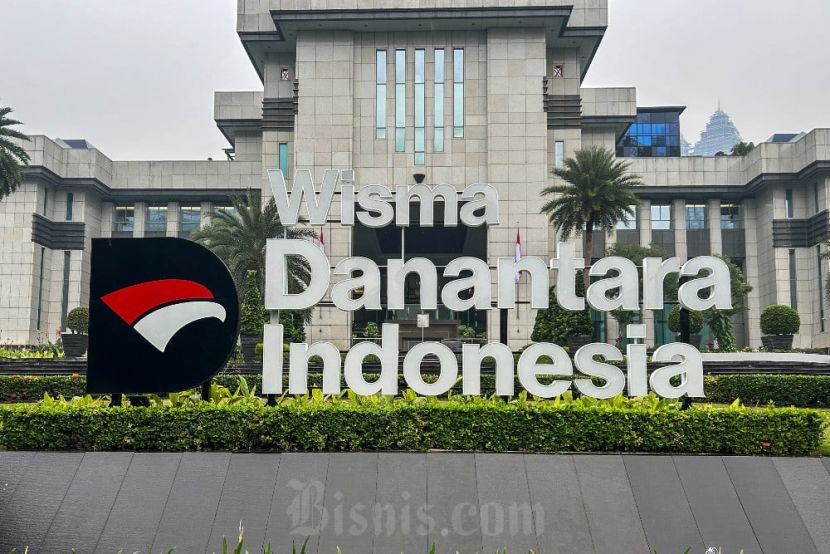Indonesia plans to build 18 refineries with a total capacity of 1 million barrels

Indonesia plans to build refineries with a total capacity of 1 million barrels per day at 18 locations in the country, along with oil storage facilities at the same locations.The refinery project is expected to invest 160 trillion rupiahs and storage facilities 72 trillion rupiahs. It is expected to provide 50,960 new jobs for the society, reduce fuel imports, save foreign exchange, and enhance the country's energy security and economic resilience. Construction sites include Lhokseumawe, Sibolga, Natuna, Cilegon, Sukabumi, Semarang,Surabayaand 18 other regions. As the investment management agency, Danantara is seen as the new hope for the realization of the project and is involved in all key aspects of the project. They were responsible for refining the pre-feasibility study; determining financing options, project prioritization, business model and implementation entities; selecting the construction site and preparing for groundbreaking; and expediting the resolution of permitting, land preparation, social and environmental mitigation issues. He believes that Danantara's involvement has revitalized the project and helped to address issues such as financing and supply chain. He is optimistic about the project, noting that Indonesia has experience in building 1 million b/d refineries prior to 1994, and that the current project is included in the Priority Plan, which is more mature in terms of political, financial and investment priorities.

